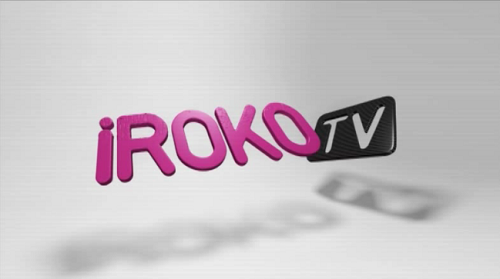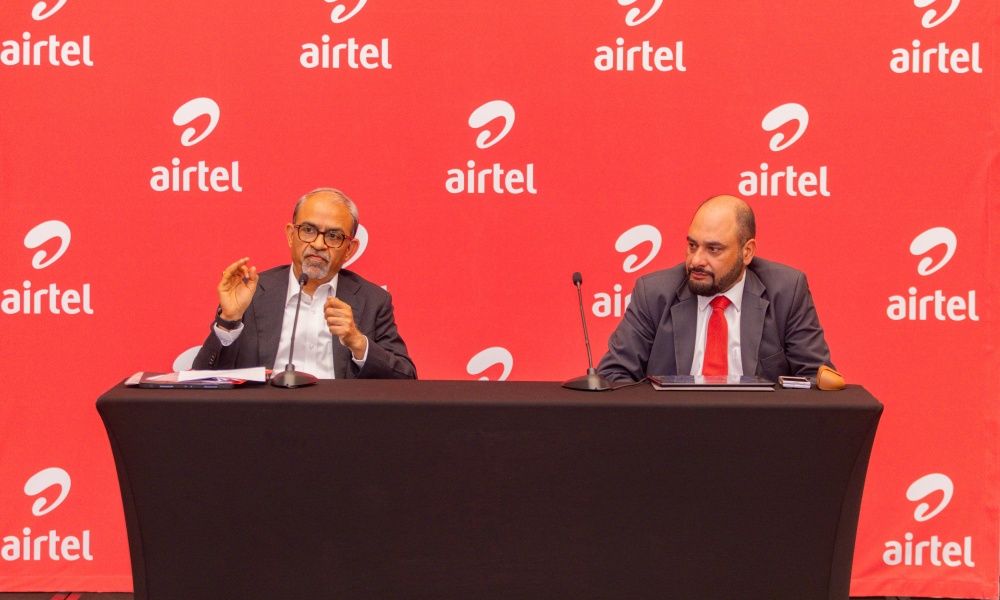Always a good idea to tailor your product to the market you have, rather than the one you wish you had. Online VOD (video-on-demand) service provider, iROKO tv is doing that by giving their users the option to buy access to their content for as little as a week or even a day. Over the next few weeks, iROKO users in Nigeria, Ghana and Tanzania will see the daily and weekly subscription options activated for them.
“In Nigeria, someone wouldn’t fill up their tank, they’d literally buy enough to physically get through their journey…” Jason Njoku, iROKO CEO said, “…there is a mind-frame of having accessible cash.”
And I think he’s right. Lower spending power over here, than in Europe and the US means that the more…frugal among us may not be able to afford to pay the monthly subscription fee. I reckon that understanding the local market and tailoring your offerings accordingly is one advantage “Africa’s Netflix” will have over Netflix.
Since Netflix opened up its streaming service to 130 new countries, including Nigeria and South Africa, there was much ado on the interwebs, announcing the death of iROKO tv. So far, it doesn’t look like there’s been any armageddon – nor will there be one in the future.
Interesting observation: there has been no discernible change in consumer behaviour, even after we waxed lyrical about Netflix in Nigeria.
— osarumen (@skweird) February 12, 2016
Njoku attributes that to the fact that most payments (including Pay-TV) in these parts are made in cash, and not online. I think it’s also because the two VOD platforms offer essentially different services; one delivers African content to the world, and the other is delivering global content to Africa.
“There are peculiarities which you have to embrace, otherwise you can’t win in the local market here,” Jason continued, “…We’re going to go that extra mile because we are here and we know what it’s about.”
If you ask me, it’s also a potential profit spinner for the VOD platform. It’s common knowledge that poorer people pay more for stuff than their more…buoyant counterparts. For example, let’s take a look at Airtel’s data bundle pricing; you can buy 20MB for N100, 250MB for N500 and 4.5GB for N3,500.
People who earn a daily wage (read: the poorest class) are more likely to buy the first option, than any other. But in reality, it’s the most expensive option per megabyte. From a little behind-the-napkin math, we’ll see that the first (“cheapest”) option actually costs 5 naira per megabyte, the second one costs 2 naira per megabyte, and the last option costs 76 kobo per megabyte. ‘Nuff said.
And speaking of profits, iROKO has reduced its monthly losses by around 70% in the past year, and will likely be cashflow positive by Q3, Jason said. We remember that earlier this year, iROKO raised $19 million in a “content development and capital funding” deal with CANAL+. In the same vein, they want to produce over 300 hours of original African content in 2016, and 2x that by 2018.
Damn.
















